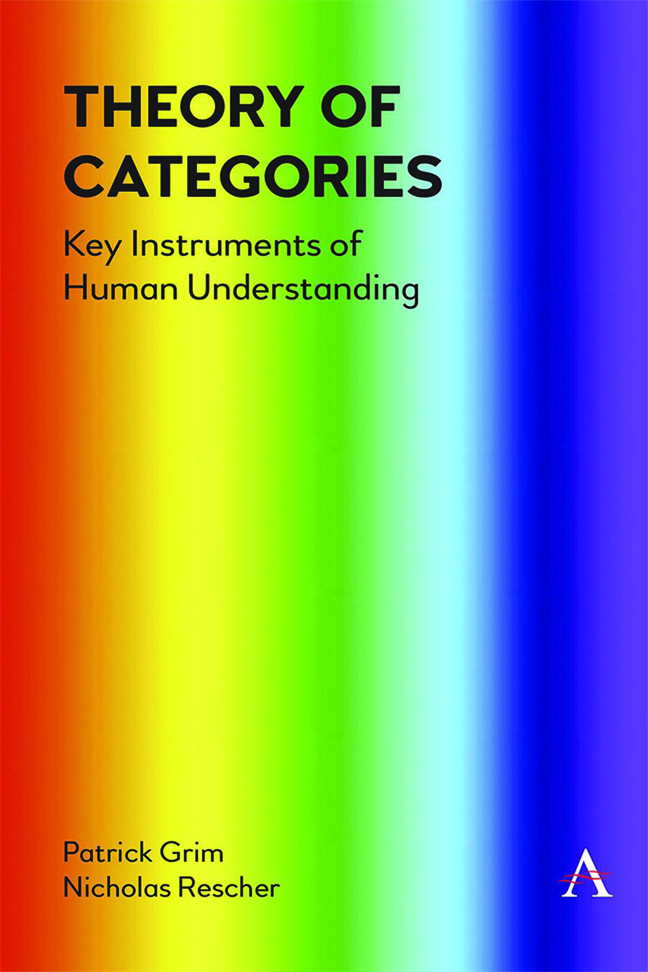5 - Category Mistakes and Philosophical Paradoxes
Published online by Cambridge University Press: 29 February 2024
Summary
A number of the lessons regarding categories that we have emphasized throughout also play a role in classical puzzles and paradoxes. We have attempted to counter a range of tempting philosophical conceptions of categories, arguing among other things that:
• Categories are not set-like entities.
• Categories typically carry the intentionality of their membership conditions rather than being defined purely extentionally in terms of membership.
• Both categories and the similarity relations that travel with them can be essentially vague.
• Categories function pragmatically in terms of salient purposes and interests, and their application can thus vary with different purposes and interests.
• Categorical classifications need not form tree-like structures of exclusive and exhaustive sub-categories.
Each of these points appears again in a consideration of category mistakes and a range of paradoxes, in either classical or contemporary form:
• The Sorites and its ancient kin: the Phalakros and the Millet Seed.
• The Ship of Theseus, the Statue and the Clay, Dion and Theon and the Problem of 1,001 Cats.
• The Sancho Panza Hanging Paradox and The Contract of Protagoras.
• The Liar.
Paradox is often presented in terms of a set up followed with a final “gotcha” question:
• Does a trio of sand grains constitute a heap or not?
• Once we have replaced each plank, do we have the ship of Theseus or not?
• Is this lump of clay a statue or not?
• Is the Liar sentence true or not?
But the appropriate response is sometimes not an attempted “solution” in the terms in which the “gotcha” question is phrased but a rejection of the question and perhaps the entire setup. For the paradoxes we will survey, the proper is often “The question, and perhaps the entire set up, is based on a misunderstanding of the nature of the categories in terms of which it is phrased.” For a range of classical paradoxes, such an approach allows us to characterize fairly precisely what that categorical misunderstanding amounts to, even if it doesn't always offer the kind of solution that the “gotcha” question seems to demand.
Our aim is to point out the crucial role that categories play – and that our assumptions regarding the nature of the categories play – in creating these puzzles in the first place. Although our analysis may at times implicitly suggest a, what we have to offer need not stand or fall with so ambitious a goal.
- Type
- Chapter
- Information
- Theory of CategoriesKey Instruments of Human Understanding, pp. 101 - 130Publisher: Anthem PressPrint publication year: 2023



